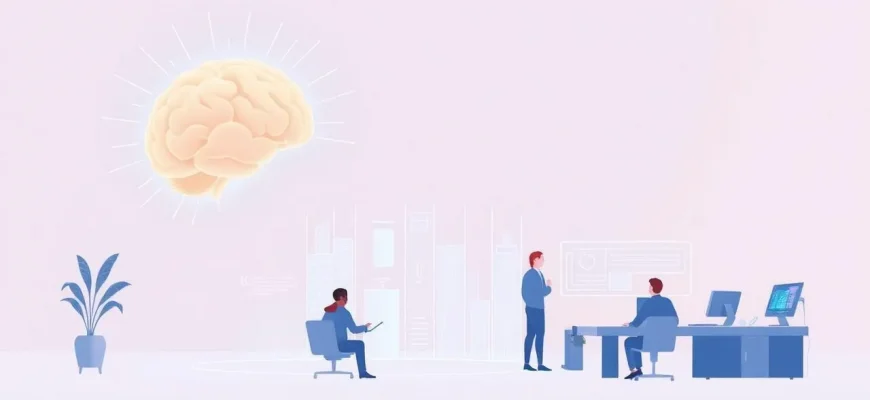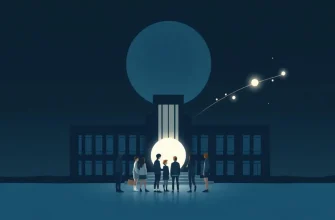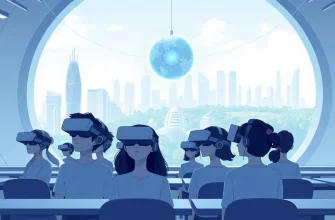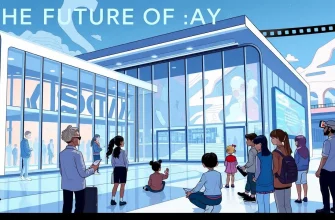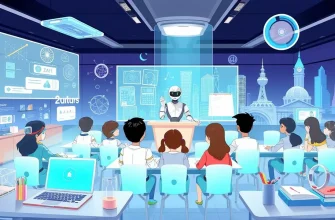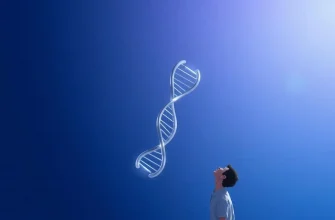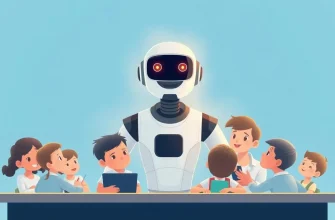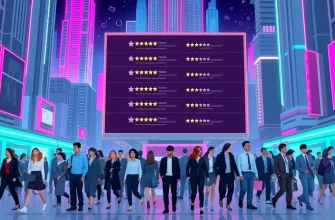Dive into the realm of science fiction where learning transcends traditional classrooms and textbooks. This curated list of 10 films showcases the imaginative ways in which education could evolve, from telepathic knowledge transfer to virtual reality classrooms. Each film not only entertains but also prompts us to ponder the potential of human intellect and the future of education in a technologically advanced world.
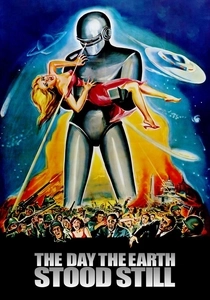
The Day the Earth Stood Still (1951)
Description: An alien, Klaatu, comes to Earth to teach humanity a lesson about peace and the dangers of nuclear war. His mission involves learning about human behavior and teaching humans about their own potential for destruction.
Fact: The film was one of the first to address the theme of nuclear war and its consequences. It was remade in 2008 with Keanu Reeves.
 Watch Now
Watch Now 
The Matrix (1999)
Description: In this iconic film, learning is not just about acquiring knowledge but about understanding the nature of reality itself. Neo's journey involves downloading skills directly into his brain, showcasing a futuristic method of instant learning.
Fact: The concept of "bullet time" was developed for this film, allowing for slow-motion effects in action sequences. Also, the film's production designer, Owen Paterson, was inspired by Japanese anime and cyberpunk aesthetics.
 Watch Now
Watch Now 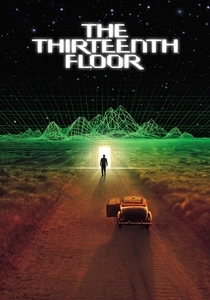
The Thirteenth Floor (1999)
Description: This film explores virtual reality and the concept of simulated worlds, where characters learn about their own reality through the lens of another, questioning the nature of existence and learning.
Fact: The film was released around the same time as "The Matrix," leading to comparisons between the two. It's based on the novel "Simulacron-3" by Daniel F. Galouye.
 Watch Now
Watch Now 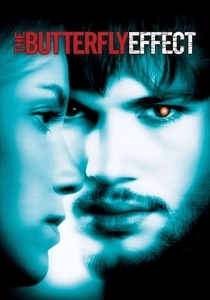
The Butterfly Effect (2004)
Description: This film delves into the concept of time travel and its effects on personal history. Evan Treborn learns to alter his past, exploring how changes in his past affect his present and future, essentially learning from his own life's mistakes.
Fact: The film had multiple endings, and test audiences were allowed to vote on which ending they preferred. The ending chosen for the theatrical release was not the director's original vision.
 Watch Now
Watch Now 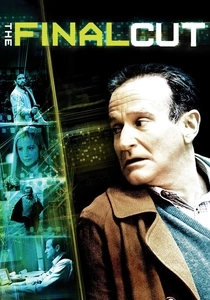
The Final Cut (2004)
Description: In a future where memories can be recorded and edited, Alan Hakman learns about people's lives by editing their memory implants, exploring themes of privacy, identity, and the ethics of memory manipulation.
Fact: The film was Robin Williams' first dramatic role in a science fiction film. The concept of memory implants was inspired by real-life discussions about the ethics of brain implants.
 Watch Now
Watch Now 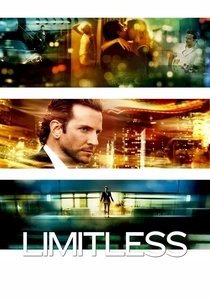
Limitless (2011)
Description: Eddie Morra's life changes when he takes a mysterious pill that unlocks his brain's full potential, allowing him to learn and process information at an unprecedented rate. This film explores the ethical and practical implications of cognitive enhancement.
Fact: The film was inspired by the novel "The Dark Fields" by Alan Glynn. Bradley Cooper, who plays Eddie, also produced the film.
 Watch Now
Watch Now 
Inception (2010)
Description: While not directly about learning, the film involves extracting and planting ideas in people's subconscious, a form of learning and manipulation of knowledge. It explores the concept of inception, or the planting of ideas, as a form of learning.
Fact: Christopher Nolan wrote the script over a 10-year period, and the film's dream-within-a-dream structure required complex visual effects to differentiate each dream level.
 Watch Now
Watch Now 
The Adjustment Bureau (2011)
Description: David Norris learns about a mysterious organization that controls human destiny, and he must navigate their rules to be with the woman he loves, learning about free will and predestination in the process.
Fact: The film is loosely based on a short story by Philip K. Dick. The hats worn by the members of the Adjustment Bureau were designed to be reminiscent of the 1950s, reflecting the era when the story was written.
 Watch Now
Watch Now 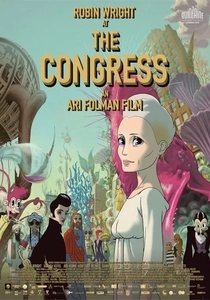
The Congress (2013)
Description: Robin Wright plays an actress who agrees to have her likeness scanned and used in future films, exploring themes of identity, reality, and the future of acting and learning through digital representation.
Fact: The film is based on the novel "The Futurological Congress" by Stanislaw Lem. It blends live-action with animation, reflecting the film's theme of reality versus virtuality.
 Watch Now
Watch Now 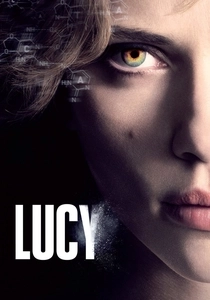
Lucy (2014)
Description: After being exposed to a drug that enhances her brain capacity, Lucy gains the ability to learn and understand everything at an exponential rate, pushing the boundaries of human knowledge and intelligence.
Fact: The film's director, Luc Besson, was inspired by the myth that humans only use 10% of their brain. Scarlett Johansson performed most of her own stunts.
 Watch Now
Watch Now 
